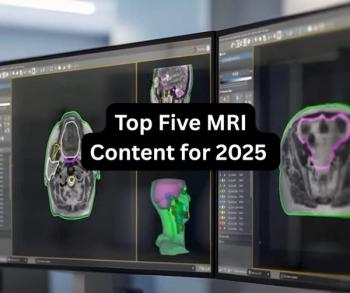
FDA Halts CardioGen-82, Bracco Starts Recall
The FDA issued a warning about the potential for inadvertent, increased radiation exposure in patients receiving cardiac PET scans with Rb-82 chloride injection from CardioGen-82.
Health care professionals should stop using CardioGen-82 for cardiac positron emission tomography (PET) scans, the FDA said. The manufacturer, Bracco Diagnostics Inc. is voluntarily recalling CardioGen-82, according to an
CardioGen-82 consists of a generator used at clinical sites to produce rubidium-82 chloride injection. A CardioGen-82 PET scan is one of a variety of nuclear medicine scans that use radioactive drugs to evaluate the heart.
On July 15, the FDA issued a warning about the potential for inadvertent, increased radiation exposure in patients receiving cardiac PET scans with Rb-82 chloride injection from CardioGen-82. The warning came after the agency received reports of two patients who received more radiation than expected from CardioGen-82 due to a “strontium breakthrough” problem. The patients’ exposure came to light when they traveled to the United States and set off airport radiation alarms despite having had PET scans two and four months earlier. Rb-82 has a half-life of 75 seconds; strontium’s is 25 days.
The FDA says it believes that the risk of harm is minimal, with the estimated amount of excess radiation the two patients received being similar to that of cumulative exposure to certain other types of heart scans.
Still, the FDA determined that the current CardioGen-82 manufacturing procedures fail to ensure reliable performance of the generator used to produce the Rb-82 chloride injection. The FDA is also investigating the testing procedures used to detect strontium breakthrough at the clinical sites that use CardioGen-82.
The agency recommends that health care professionals use alternatives to the CardioGen-82 generator when planning nuclear medicine cardiac scans. The FDA says it’s working with the Nuclear Regulatory Commission and Bracco to determine the root cause for the increased radiation in the two patients. The agency is also investigating whether additional patients received inadvertent radiation exposure.
Newsletter
Stay at the forefront of radiology with the Diagnostic Imaging newsletter, delivering the latest news, clinical insights, and imaging advancements for today’s radiologists.












